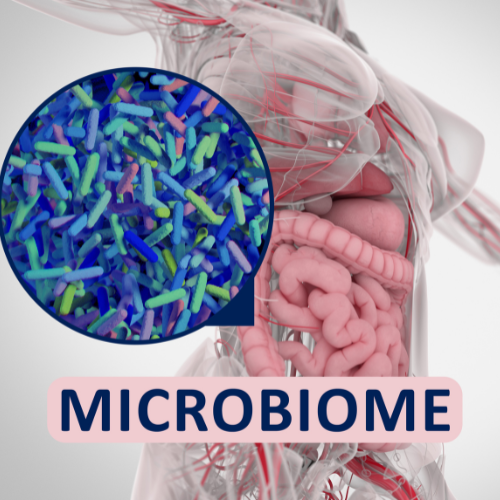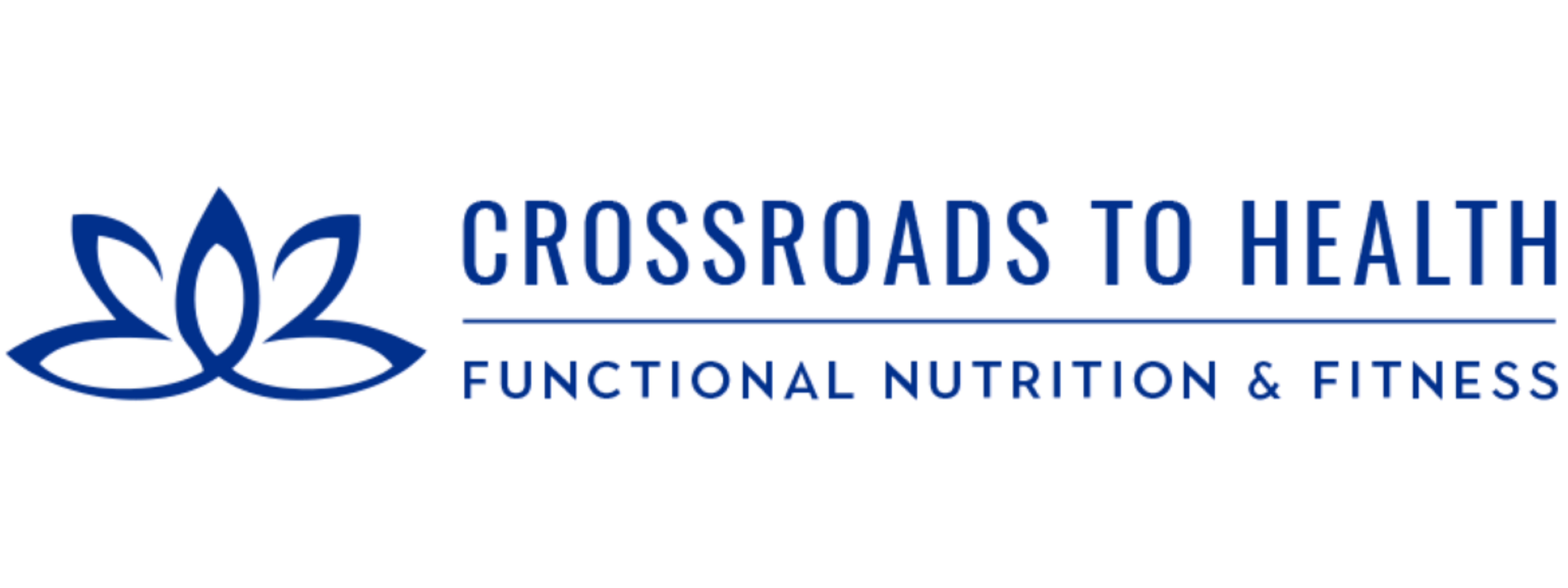How To Feed Your Gut For Weight Loss

Did you know that your gut holds the key for weight loss as well as many other health conditions including Alzheimer's? It may seem strange that your gut is such an important player when it comes to your weight but that's exactly what the science shows.
The Gut Microbiome
The Gut Microbiome is now a big deal. No other topic has generated more research and interest in the past few years than gut health. Numerous books have been written citing the many benefits of supporting the gut microbiome. What is it exactly? Your gut holds 3-5 pounds of bacteria, more than the number of cells in your body and you have trillions of cells. This makeup of bacteria whether beneficial or not is an important factor when you're trying to shed pounds.
The Weight Loss Connection
The two types of bacteria that dominate the gut's ecology are called Bacteroidetes and Firmucutes. Firmicutes are notoriously good at helping the body extract more calories from food and aiding in the uptake of fats, which is why they are associated with weight gain when they dominate in the gut. Bacteroidetes, on the other hand, don't have this same capacity. The pattern of higher level of Firmicutes and lower levels of Bacteroidetes is associated with a greater risk of obesity. A groundbreaking 2013 study of twins published in Science was among the first of its kind to reveal the connection between the types of microbes found in the gut and the path to obesity. When scientists at Washington University transferred gut bacteria from an obese human twin into the gastrointestinal tracts of slender mice, the mice grew fat. When bacterial from the svelte twin were introduced into lean mice, the mice stayed thin so long as the animals ate a healthy diet. In another study published in Nature, the same researchers documented that obese individuals had, on average, 20% more Firmicutes compared to normal-weight individuals and nearly 90% fewer Bacteroidetes.
How to Feed Your Gut for Weight Loss
- Get a Shot of Inulin-inulin is a soluble fiber that's basically a superfood for healthy bacteria. Foods that contain inulin include: asparagus, bananas, garlic, leeks, onions, jerusalem artichokes
- Feed on Fermented Food-these foods offer loads of helpful bacteria, plus fiber for the gut bacteria to eat. Fermented foods include sauerkraut, kimchi, miso, yogurt, kefir, tempeh
- Eat a Variety of Plant Foods-a variety of plant fiber equals a balanced diet for the healthy bacteria deep down in your digestive tract. Simple carbohydrates are digested higher up, which leaves little nourishment for the good bugs. The American Gut Project showed people who eat more than 25 types of plants weekly have healthier gut bacteria than people who eat fewer than 10.
- Add in Antioxidants-foods rich in the class of antioxidants called polyphenols can tamp down inflammation and help nourish friendly gut bacteria. Good sources include apples, berries, cacao, flaxseed, green tea, citrus, red wine, spices especially ginger, rosemary and tumeric.
- Eat Fat-considering the brain is 60% fat, dietary fat should be considered brain food and the healthy fats have been shown to support metabolism and weight loss. Include avocados, coconut, wild caught fish, ghee, nuts and seeds, olive oil.
What about Probiotics?
Probiotics are one of the best selling nutritional supplements on the market. They are beneficial for many concerns but getting bacteria from food is essential. Studies show to alter the gut microbiome you want to take in bacteria from food on a consistent basis. Just taking a probiotic for a short period of time isn't the same as getting it from food. Here are the top strains to look for, benefits given and which foods they are found in:
- Latobaccilus plantarum-found in kimchi and sauerkraut as well as other cultured veggies. Helps regulate immunity and control inflammation throughout the body, reduce the overgrowth of potentially damaging bacteria, and maintain and fortify the gut lining.
- Lactobaccilus acidophilus-found in fermented dairy products like yogurt and kefir. Aids in immunity by keeping ratio of good versus bad bacteria in check. Reduces the growth of candida, helps maintain healthy cholesterol levels.
- Lactobaccilus brevis-found in sauerkraut and pickles. Inhibits the growth of various gut pathogens. Has been shown to increase the brain growth hormone BDNF in laboratory animals.
- Bifidobacterium lactis-found in fermented milk products like yogurt. Effective in preventing digestive disorders, boosts immunity.
- Bifidobacterium longum-also found in dairy products, is one of the first probiotics to colonize the gut at birth. Improves lactose tolerance and my help prevent diarrhea and food allergies. Has been shown to reduce anxiety in laboratory animals.

